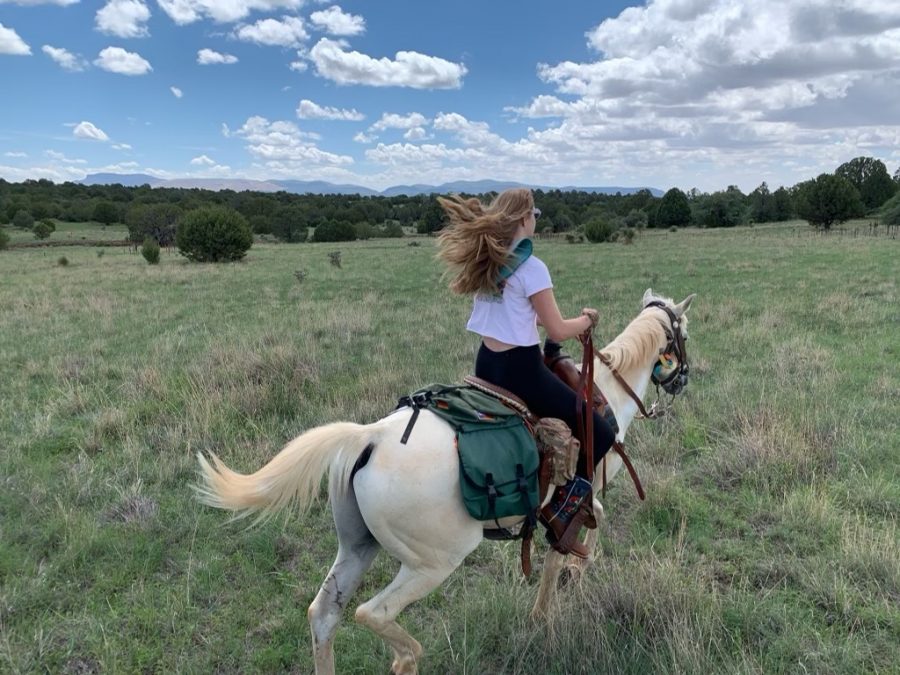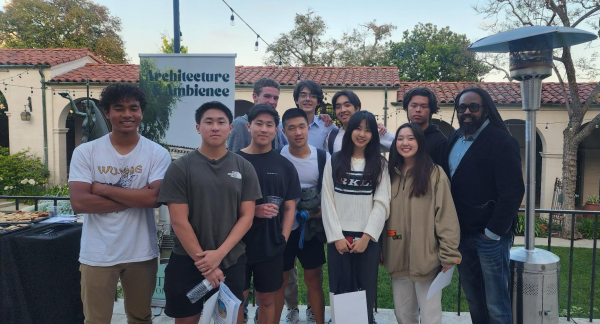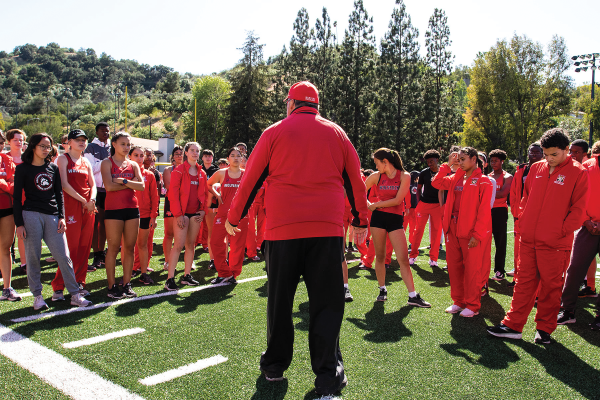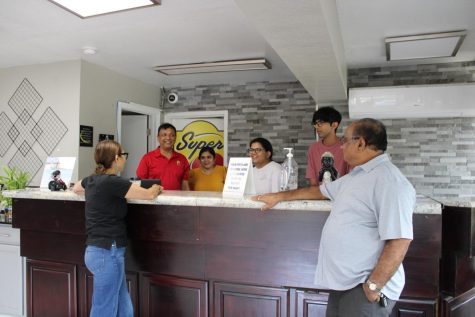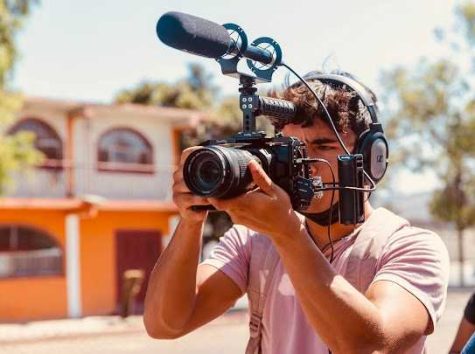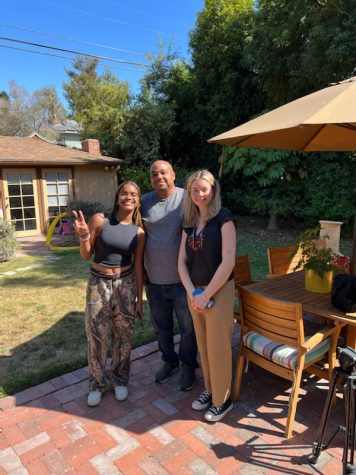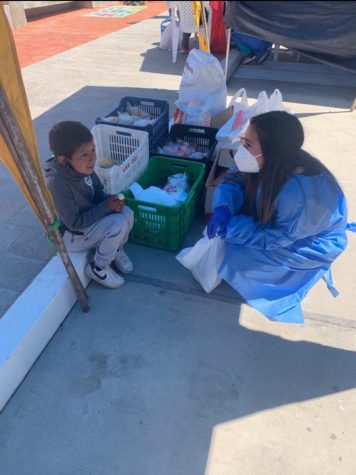Junior Fellowship: Lola Cortez
Printed with Permission of Lola Cortez
Lola Cortez ’22 rides a galloping horse during her Junior Fellowship in Silver City, N.M., where she spent the summer studying the role of Chiricahua Apache women.
September 2, 2021
As a recipient of the Kutler Center Junior Fellowship Program, Lola Cortez ’22 spent the summer studying the role of Chiricahua Apache women in Silver City, N.M.
The project, inspired by Cortez’s Apache family members, focused on issues of disproportionate rates of violence towards Chiricahua Apache women and historic injustices faced by Native Americans. Cortez said a combination of both family traditions and contemporary political issues convinced her to apply for the fellowship.
“In my family, everyone knows the story of how Geronimo, our first cousin by many greats, watered his horses at our house in Arizona,” Cortez said. “When I first began reading about missing and murdered indigenous women, I knew I wanted to do more research on Native women in general, and decided to go back to my roots, as well, by doing my fellowship on the Chiricahua Apache.”
Cortez read four books on the Chiricahua people before going to Silver City, where she lived with a native tribe for a week in late July. . Her daily routine included horseback riding in the Gila National Forest, speaking with tribal leaders on their culture and lessons on medicine and spirituality from religious members. Cortez said she gained an even higher level of respect for both the Apache community and nature after the fellowship .
“I was able to get lost in these gorgeous hills. That was a magic I had never seen or experienced,” Cortez said. “Riding through the wilderness for hours at a time was incredibly freeing, and learning how every plant in the wild was a resource was so fascinating and only made me more appreciative of nature.”
Cortez said becoming familiar with her heritage reminded her to cherish her identity.
“I went out of my comfort zone and became friends with people there that I wouldn’t have [otherwise], trying new experiences that definitely taught me the benefits of being vulnerable,” Cortez said. “I learned to love myself again through it, and learned to be proud of who I am, a Russian, Mexican and Apache woman.”































